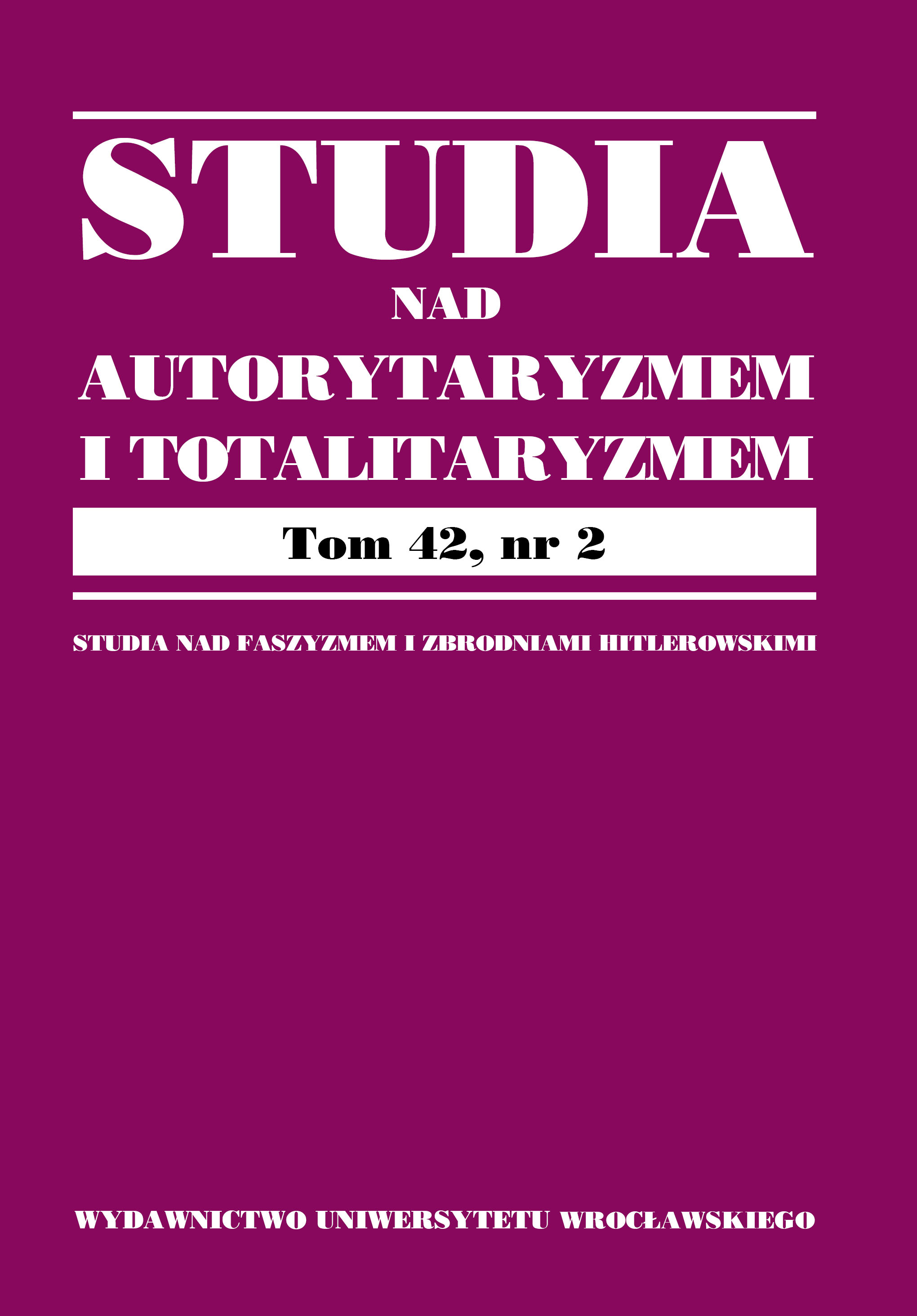

Articles

The present publication refers to the essence of the state enterprise as one of the most essential entities during the decline of the PRL’s command economy system. Thereby the legally substantive essence of the state enterprise and formal aspects of its functioning in the vindication of claims system in contemporary arbitration procedure were indicated in this publication.
Both the arbitration proceedings themselves and the functioning of the State Economic Arbi-tration, as an extra-judicial body, empowered to resolve and prevent future disputes of an economic nature, constituted a certain specificity of the political and legal system of the time.
As a matter of principle, the very essence of the disputes resolved, their material scope relating to broadly regarded cases of an economic nature, could — taking into account certain realities, both then and nowadays — fit into the mainstream of the widely perceived economic judiciary. Nevertheless, both the parties to the proceedings and the awarding authority itself were closely linked to the legal and political specificities of the command-and-quota economy.
These specificities concerned, inter alia, the activity carried out by then state-owned companies. It should be pointed out that the activity of these entities, carried out on the basis of a part of the national property assigned to them for their needs, was in principle — from a formal point of view — independent, and thus, to a limited extent, demonstrated certain characteristics of the business activity as perceived at present. However, from a substantial point of view, this activity was inextricably sub-ordinated to the achievement of specific objectives and principles stemming from national socio-eco-nomic plans.
Therefore, the basic objectives of entities conducting their activity within the framework of the planned economy, including state-owned enterprises, could be considered not those related to independ-ently conducted economic activity, but those related to the pursuit and implementation of centrally adopted state tasks, including those of an economic nature.
Nevertheless, the command-and-quota economy, despite the ubiquitous planning, imposition and implementation of tasks, as well as the related means of their pursuit, was not free from certain disputes between the widely perceived entities conducting their activity within the framework of the planned economy, including the then state-owned enterprises.
Therefore, in order to settle these disputes and, what is important, to prevent them from arising in the future, the State Economic Arbitration was established, an authority which, in an extra-judicial manner, de facto monopolized the scope of economic cases resolved in the legal system of that time, both in terms of object and subject matter.